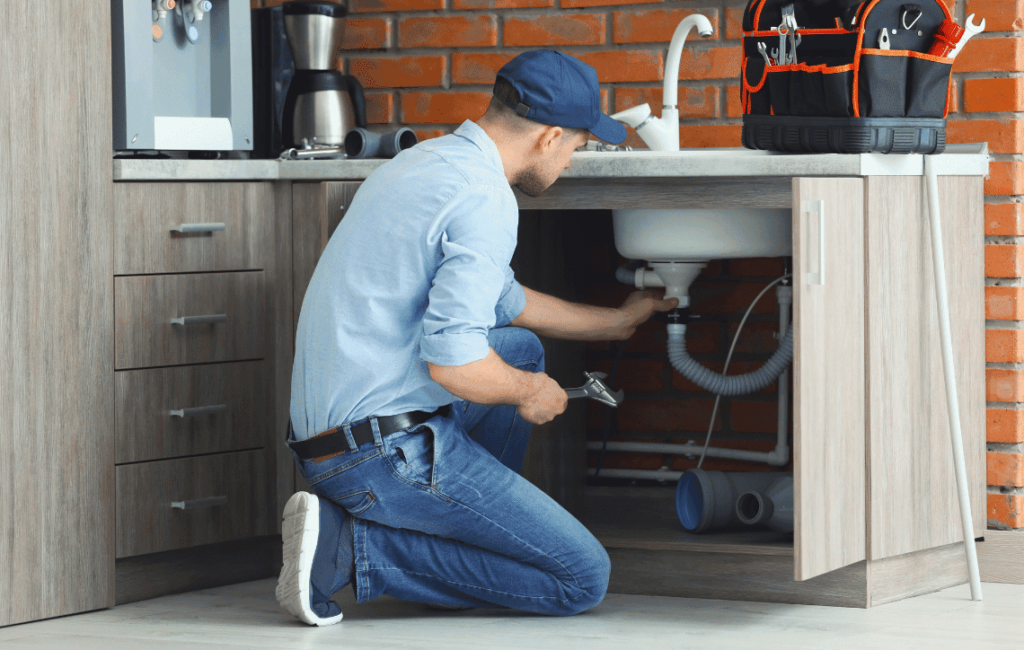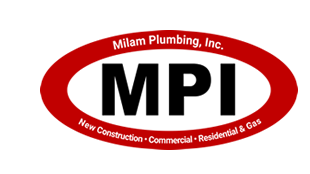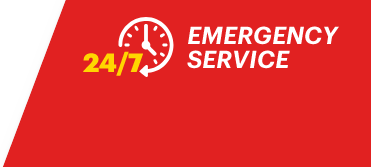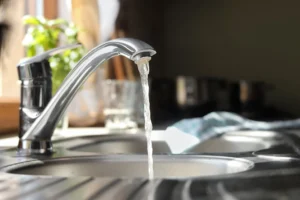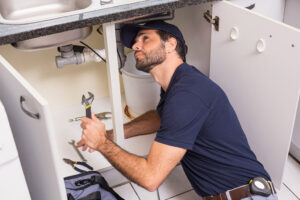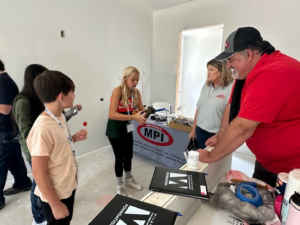Maintaining your home’s plumbing can be challenging, but with the right knowledge and tools, you can prevent small issues from turning into costly problems. A well-maintained plumbing system is essential for a comfortable home, ensuring the reliable flow of clean water and efficient wastewater management. Regular maintenance extends the life of your plumbing system, improves efficiency, and helps detect issues early. This guide will help you protect your home from common plumbing issues, saving you time and money.
Understanding Your Home’s Plumbing System
Before beginning any maintenance, it’s crucial to understand the two main systems within residential plumbing: the Water Supply System and the Drainage-Waste-Vent (DWV) System.
Water Supply System:
This system brings water into your home, from the municipal water supply or a private well. It consists of pipes and various fixtures like sinks, faucets, and appliances such as dishwashers and washing machines that rely on water. Components to be aware of include the main shut-off valve, water meter, water heater, and PRV (pressure-reducing valve) if your home is equipped with one.
DWV System
The DWV system removes wastewater from your home, preventing the buildup of gases and maintaining proper air pressure. This system has a series of traps, vents, and clean-outs throughout your home to ensure the smooth flow of wastewater. Key items for maintenance are the visible and accessible P-traps, clean-outs, and air admittance valves.
Signs of Plumbing Issues

Being proactive about identifying plumbing issues can save you from extensive damage and expensive repairs. Here are common warning signs to look out for:
Common Warning Signs
- Slow Drains: If water takes longer than usual to drain, there may be a clog in the drain line.
- Low Water Pressure: This could indicate a hidden leak or mineral buildup in your pipes.
- Running Toilets: A continuously running toilet can waste water and increase your utility bill.
- Visible Leaks: Any sign of water damage, mold, or pooling water requires immediate attention.
- Foul Odors: Persistent foul smells could indicate a problem with the DWV system, like a dry P-trap.
- Unexplained Sounds: Gurgling, clanking, or hissing sounds from pipes may signal a problem, such as an incorrectly vented system.
To keep your plumbing in excellent condition, follow this comprehensive maintenance schedule:

Monthly Tasks
- Check for Leaks: Inspect all visible pipes and fixtures for any signs of leaks.
- Run Water in Unused Spaces: Run water in guest bathrooms or other infrequently used fixtures to prevent odors.
- Test Drains: Pour boiling water down drains monthly to clear away soap scum and grease buildup.
Quarterly Tasks
- Flush Water Heaters: Drain your water heater quarterly to remove sediment and maintain efficiency.
- Test Sump Pump: Ensure your sump pump is working by pouring water into the pit and confirming activation.
- Inspect Grout and Seals: Check grout and seals around sinks, showers, and toilets for cracks, repairing as needed.
Annual Tasks
- Spring and Fall System Checks: Before high-usage seasons, inspect your plumbing, including sump pumps and well systems.
- Service Septic Tanks: Have a professional inspect and service your septic system annually.
- Whole-Home Plumbing Inspection: Consider hiring a professional plumber for a comprehensive inspection to identify potential issues.
DIY Plumbing Maintenance: What You Can Do
Many plumbing maintenance tasks are simple enough for homeowners to perform, saving money on professional services. Here are a few:
Drain Cleaning: Use a drain strainer to catch debris and pour boiling water down drains regularly. A mixture of baking soda and vinegar can also help clear minor clogs.
- Faucet Repair: Identify the faucet type, replace washers, and tighten connections as needed.
- Toilet Maintenance: Check for leaks, adjust the water level, and inspect the flush mechanism regularly to keep fixtures in good condition.
Faucet repair:
Identify the type, replace washers, and tighten connections.
Toilet maintenance:
Check for leaks, adjust the water level, and inspect the flush mechanism. Keep fixtures in good condition with simple tips.
When to Call a Professional
While you can handle many plumbing tasks on your own, some issues require the expertise of a trained professional:
- Complex or Extensive Repairs: Issues with the main water line, sewer line, or gas lines.
- Persistent Leaks: Problems that reoccur or cause significant damage.
- Major Installations: Installing or repairing water heaters, pumps, or water treatment systems.
- Safety Concerns: Any issue that you cannot safely or legally fix, or that could affect your home’s safety.
- Taking care of your home’s plumbing is crucial for a healthy, efficient living space. Regular maintenance and awareness can prevent unexpected disasters. Remember, Milam Plumbing is here to help with expert services, whether for routine maintenance or emergency repairs. Contact us today to schedule an inspection or repair.
